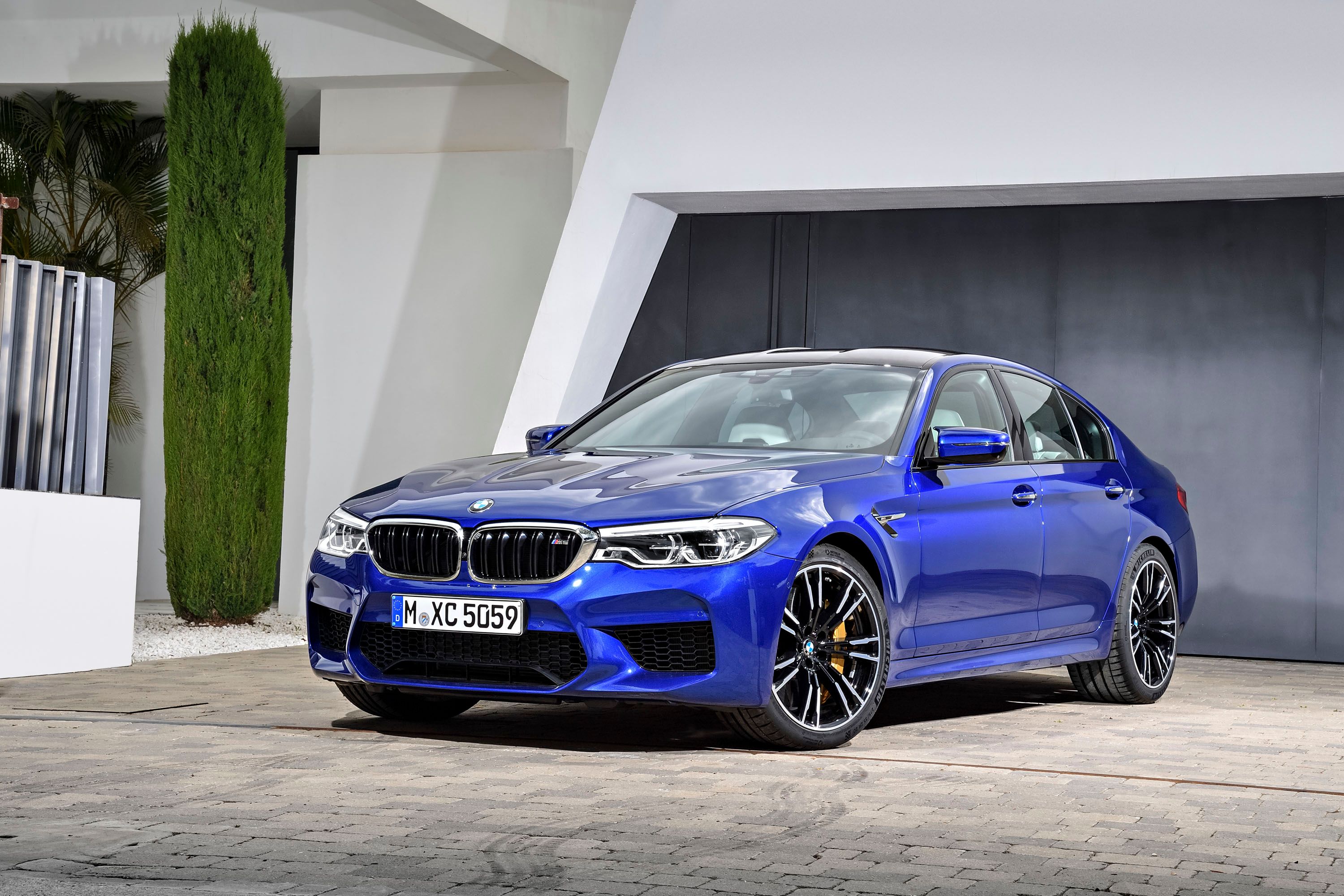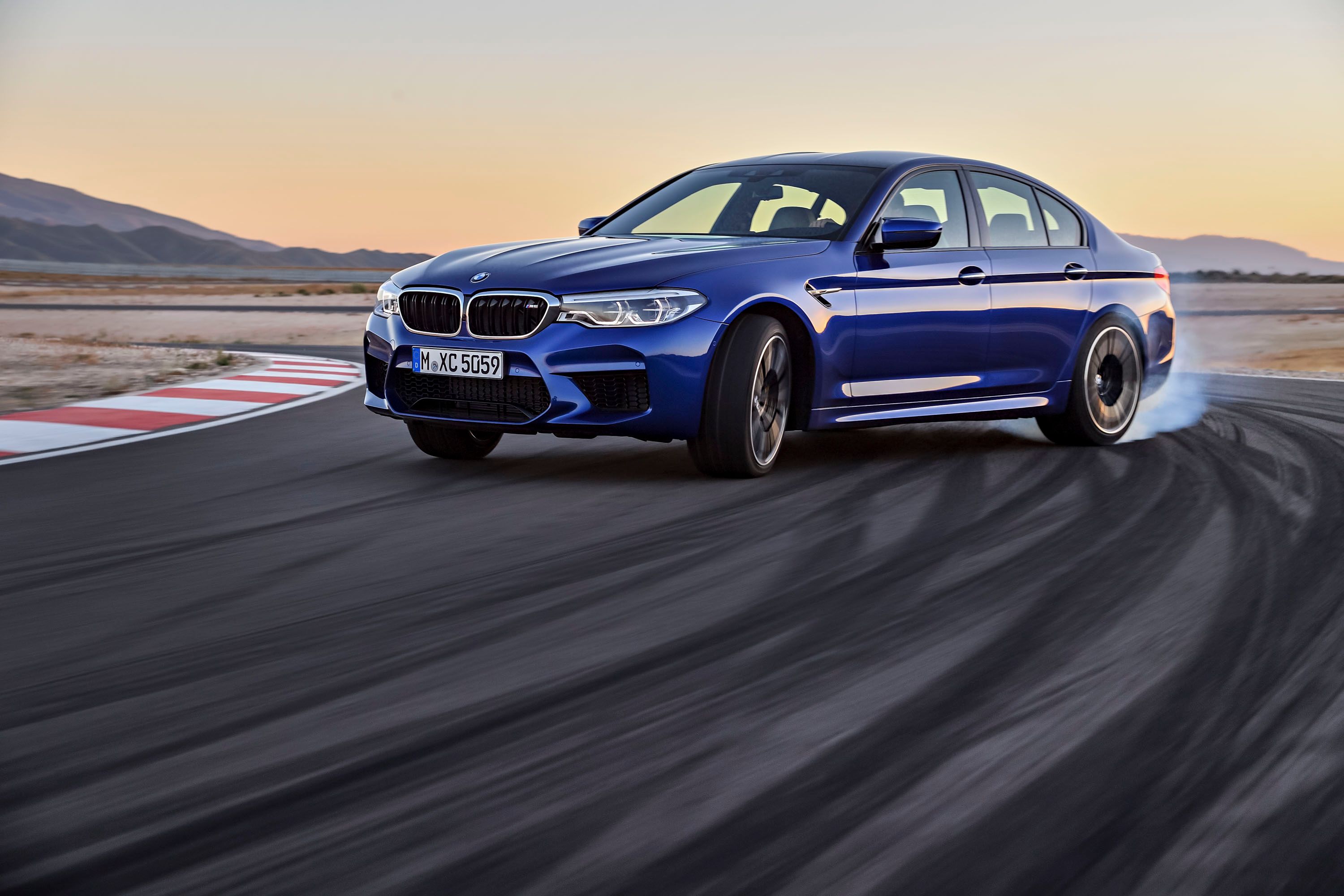Every mainstream manufacturer and a handful of startups have started bowing to regulations, government influence, and the youngest generation of drivers to sink significant money into electric vehicles. It’s a noble thing that might be good for the environment, and it’s definitely good for an automaker's bottom line, but are we to a point where it’s safe for all automakers to shift into an electric-only strategy? Well, there are a number of things to keep in mind, one of the most important being whether or not our electrical infrastructure can actually handle it, and then you’ve got the sheer cost, with one Mercedes executive recently saying that EVs won’t be getting cheaper anytime soon. The bottom line is that, right now, not everyone can afford to shell out EV money, and now BMW’s CEO Oliver Zipse, looks to that fact to explain why automakers should rely too heavily on all-electric strategies – at least not yet, anyway.
Supply, Demand, Affordability
In a recent roundtable interview, BMW’s CEO, Oliver Zipse, explained that electric vehicles only work in select markets right now. And while they may be quite popular in larger markets like China and Europe, it’s not all gravy. “When you look at the technology coming out, the EV push, we must be careful because, at the same time, you increase dependency on very few countries.” But, it’s not just that.
Where do all the raw materials for electric vehicles, namely the batteries, come from? Well, they mainly flow through China. Sure, there’s a small amount coming from other parts of the world, but China is the main hub. The pandemic, and now trade sanctions on Russia, have all proven that depending too much on a limited set of market conditions or a single supply chain can be dangerous. Just look at the current chip shortage, for example. The danger lies wholly in the potential inability to get needed supplies.
From the outside, it might not look like it, but the automotive industry is quite turbulent. Everything needs to be planned out years ahead of time so that new products arrive in a market that’s prepared for them. Putting all your chips into one basket is riddled with extreme risk. What if there’s an issue with rolling out charging infrastructure, or unforeseen power grid issues? What if manufacturing capacity or the availability of raw materials dries up? Such a thing could literally send companies that rely solely on EV sales into bankruptcy. Zipse says this is why automakers need to maintain an alternative so that it doesn’t risk losing their customers for good. In other words, the ICE needs to stay.
And this has never been more evident than when you look at the current global situation. The price for raw materials for batteries and energy has skyrocketed, hitting all-time highs. Zipse believes this is the peak – the worst it will get – but things may not ever be as cheap as they once were. It’s possible that new technology will allow for less reliance on the raw materials we use today, but that will just reset the evolutionary clock. Either way, as Mercedes recently said, there’s a good chance that EVs won’t be getting cheaper anytime soon. Until they are affordable for everyone, the ICE is probably going to stick around.


